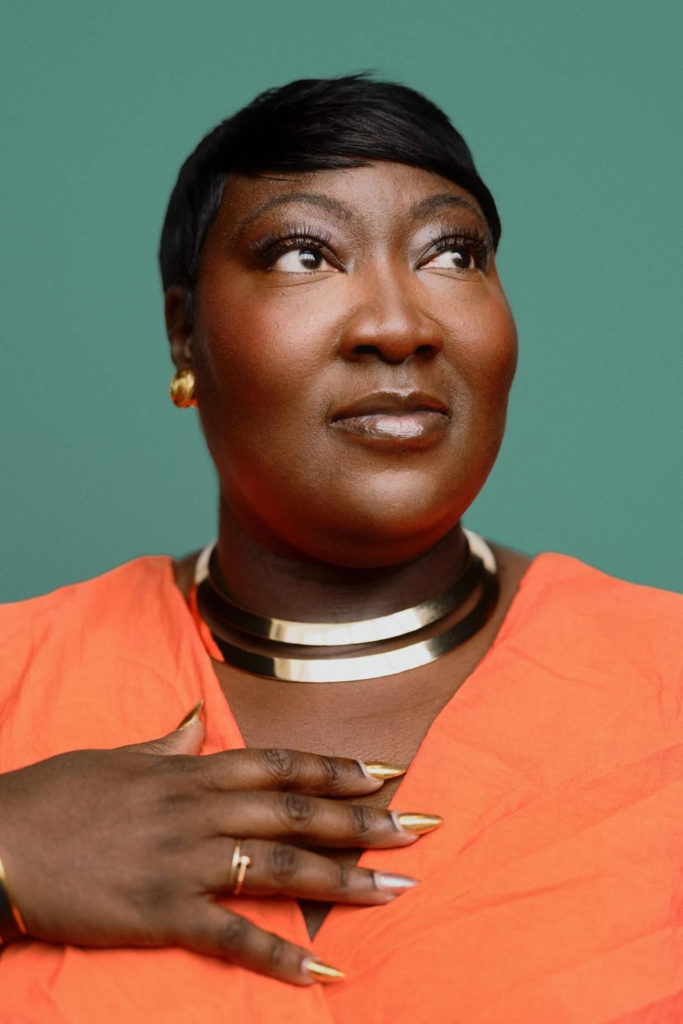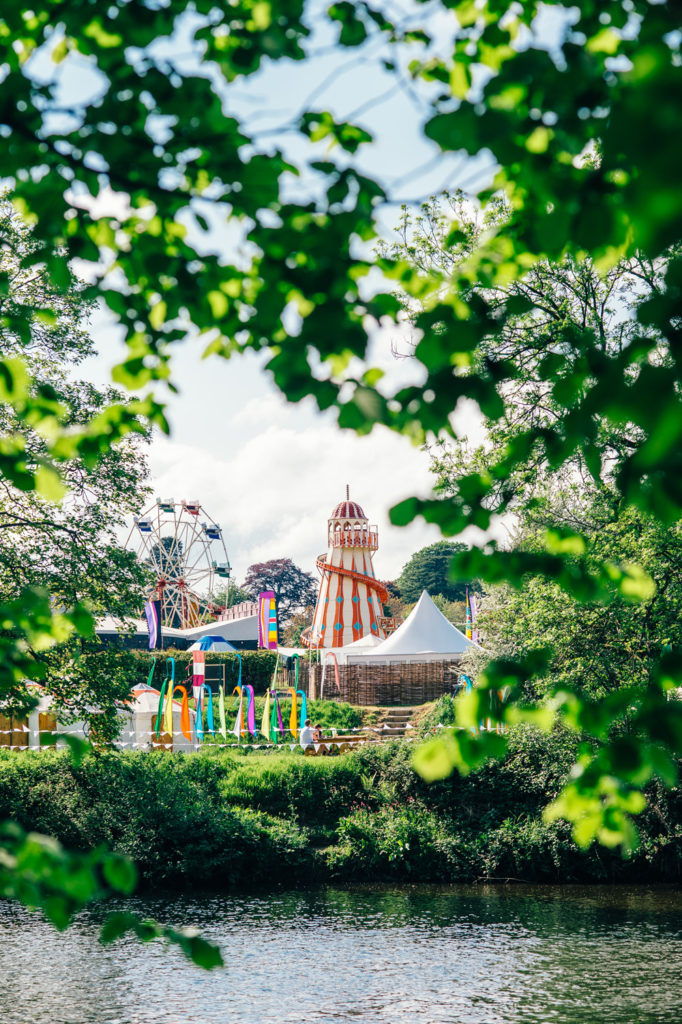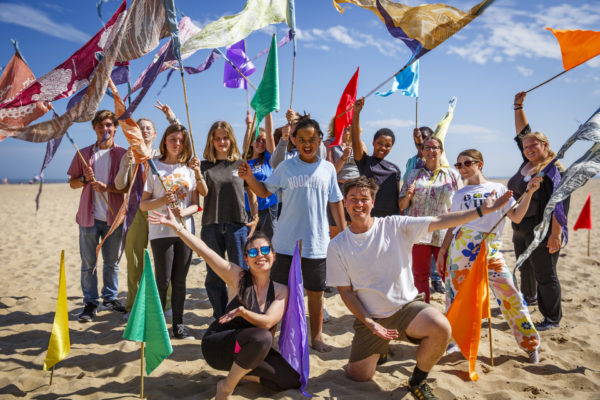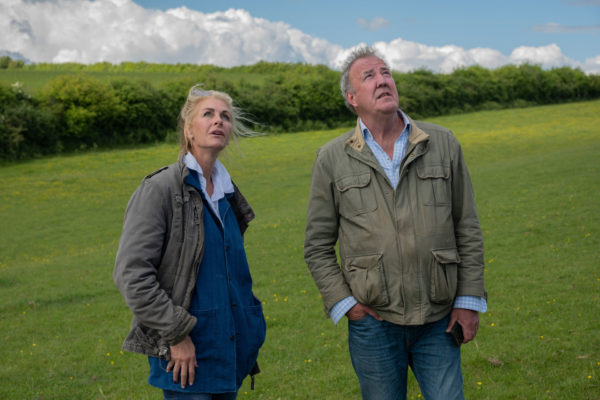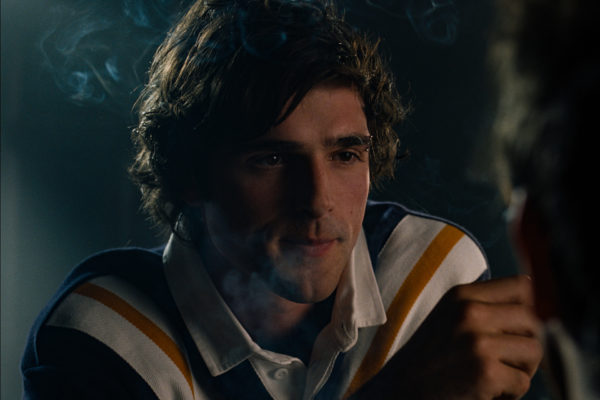Harris Dickinson Calls Nature ‘A Remedy’ For His Overactive Mind
By
3 weeks ago
The Babygirl star opens up in a new podcast episode from WWF

Nature charity WWF’s hit podcast is back – and a special episode delves into the importance of nature for health and wellbeing. The latest episode of Call of the Wild, which lands today (3 April), features Hollywood actor Harris Dickinson, and he joins podcast host Cel Spellman to talk all about his favourite nature memories and how he gets his daily dose of nature. Here’s how to tune in.
Harris Dickinson On The Importance Of Nature For Mental Health
Alongside Harris Dickinson, the latest episode of Call of the Wild features expert commentary from GP Dr Sara Kayat and youth worker Shantyl Rogers, hosted by Cel Spellman. They share their personal anecdotes and connections with the natural world, all underpinned by the proven benefits of nature on our mental health.
Growing up near Epping Forest – an ancient woodland stretching from north east London into Essex, and London’s largest forest – the Babygirl star recalls making dens, building fires and performing sketch shows in the woods with his friends. ‘Where I grew up on the outskirts of east London, [we] bordered on the beginnings of Epping Forest,’ Harris says in the episode. ‘So we had this little forest right near us that we could walk to and that we often would bike around or play run outs in or build dens in. It wasn’t the nicest forest; you could hear the motorway, and it was sort of renowned for potentially being a little bit dangerous sometimes. But it was still a forest and it was still a playground of sorts for us.
‘In primary school, there was no shame or embarrassment around like going in the forest and building a den,’ Harris continues. ‘And then you get to a certain age where that becomes a little bit strange if you’re doing that on your own. But I genuinely had a real interest in it. I had an interest in survival, as well. I was in the Marine Cadets for years, so I was put in these abnormal circumstances where I would be thrown into the deep woods of Cumbria with a load of other kids, and we would just be forced to get through the weekend.
‘I was always very liberated by [the outdoors] from a young age,’ Harris says. ‘I craved being outdoors. ‘It humbles you, doesn’t it? It reminds you that you’re a small thing.’
Outside of London, Harris recalls wild swimming in the Lake District and surfing in Cornwall as a child. ‘I always remember feeling a real difference, being in the city and having this sort of weird confusion as to what I was supposed to enjoy more,’ Harris says. ‘Am I supposed to be someone who is only living in the city and embracing that as a full thing, or am I supposed to go and live a very reclusive life [in nature]? And I think I’m still constantly battling with that. But the early memories, man… Being with your mates in the forest, whether camping or making fires or just chatting away and making sketch shows. I think that was the other thing: the forest was also like a free set. I used to make a lot of like silly videos and the forest would never fail to be available for us. If we didn’t have a location, it was the forest.’
This grounding connection with nature stretches through to adulthood for Harris, who notices nature’s absence when living in places with less green space than he’s used to. And as an actor, Harris encounters this a lot, travelling the world to film the likes of Triangle of Sadness (2022), The Iron Claw (2023), A Murder at the End of the World (2023) and Where the Crawdads Sing (2022) – though the latter was filmed amid some pretty scenic nature. ‘The times where I’ve not had the best access to nature are the times where I often get most run down or mentally fatigued,’ the star says. ‘If I forget to [get out in nature], I really notice.’
One recent example is New York City, where the star lived for four months while filming Babygirl (2025). ‘I loved being in New York so much,’ Harris says. ‘There’s a beautiful park in Brooklyn and obviously Central Park, but it’s not the same. And even, you know, the forests close to me now, they’re amazing, but they’re not the same. Because, more often than not, you can hear the road, so it doesn’t give you that same sense of quiet or peace.
‘Being in nature is a remedy without really having to try, which is enough of a reason for me to go and be in it as much as possible,’ he says. ‘Even if you’ve not got a forest or park, there’s trees, there’s birds, there’s plenty of stuff going on that you can tap into on a small level, daily, to try and get that little dose of it.’
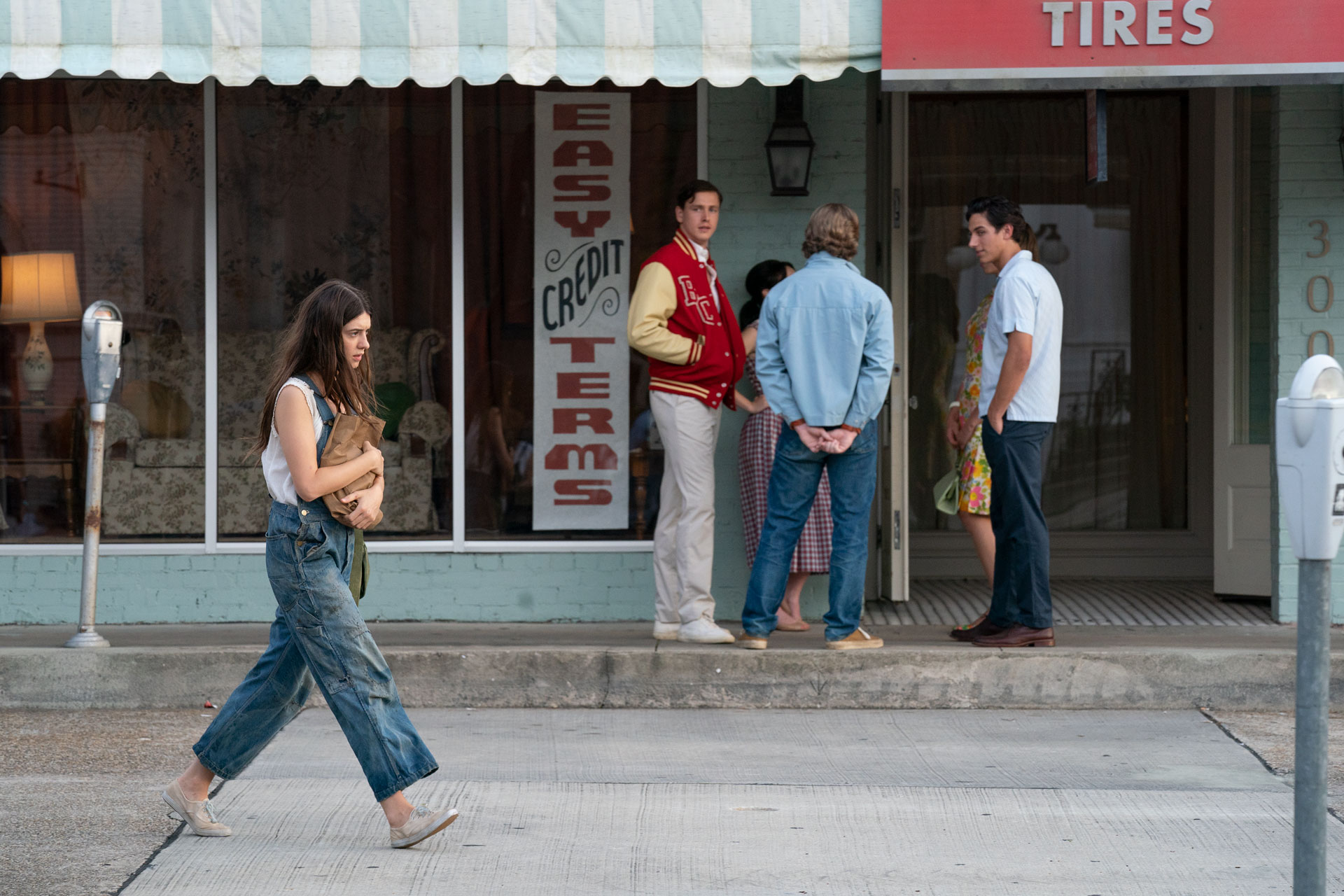
Daisy Edgar Jones & Harris Dickinson in Where the Crawdads Sing
Why Is Nature Good For Us?
Also in this episode of Call of the Wild, Dr. Sara Kayat explains why nature is so crucial for our wellbeing from a medical perspective. ‘I feel like there is a pill for everything, when actually we could be going back to our roots,’ she says. ‘We’ve taken a lot from this natural world, and we can continue to take the joy that it brings – the sounds, the sensory elements – but I also think we need to give back to it.
‘As I’ve gotten older, I’ve really understood the gravitas of what nature means,’ Sara says. ‘And as I’ve become a doctor as well, I’ve really harnessed lifestyle medicine as a way to treat people.’
As a GP, Sara has noticed firsthand how the pressures of modern life can take a toll on both physical and mental health. But nature can offer resilience and perspective – unique remedies.
‘You just have to look at the rings on a tree to see its age and realise that this has been around for millennia, and we are just a tiny dot on the timeline,’ Sara explains. ‘It can put your worries into perspective.’
Harris is passionate about making nature accessible to all – especially children growing up in urban environments. Rather than being a ‘privilege thing’, Harris highlights how nature should be a fundamental part of education. The star’s points are underscored by youth worker Shantyl Rogers, who also features in this episode of Call of the Wild. Taking listeners with her on a mental health walk, Shantyl draws on her 20 years of experience working with children to explain how ‘it always comes back to nature’.
‘The children are the future,’ she says. ‘They are the people who will drive and keep nature and the fight for protecting nature alive.’
LISTEN
Call of the Wild’s new special episode, ‘Prescription for Nature – with Harris Dickinson & Dr. Sara Kayat’, is available to listen to now on all podcast platforms. Find it at wwf.org.uk/podcast


